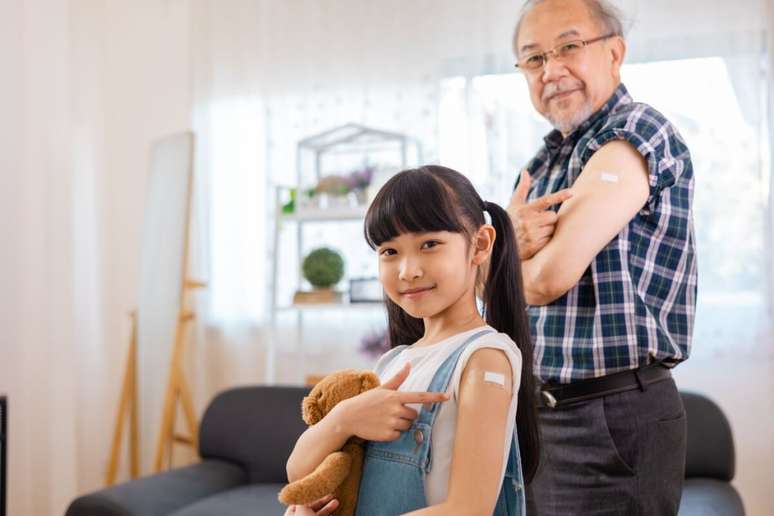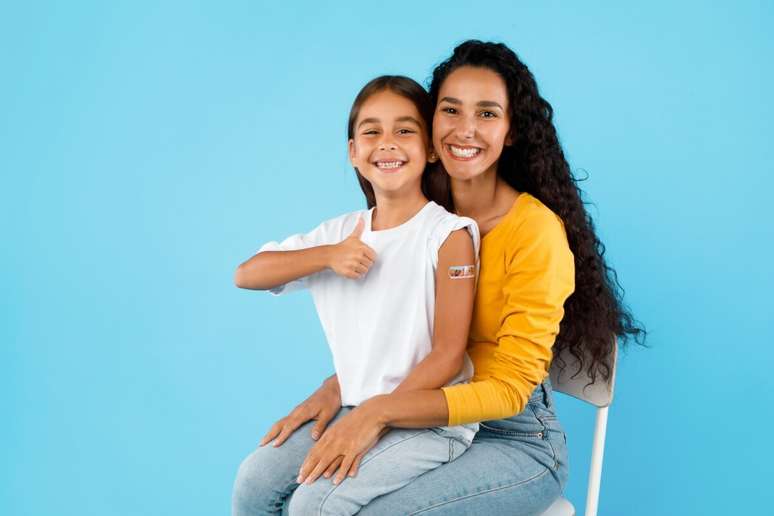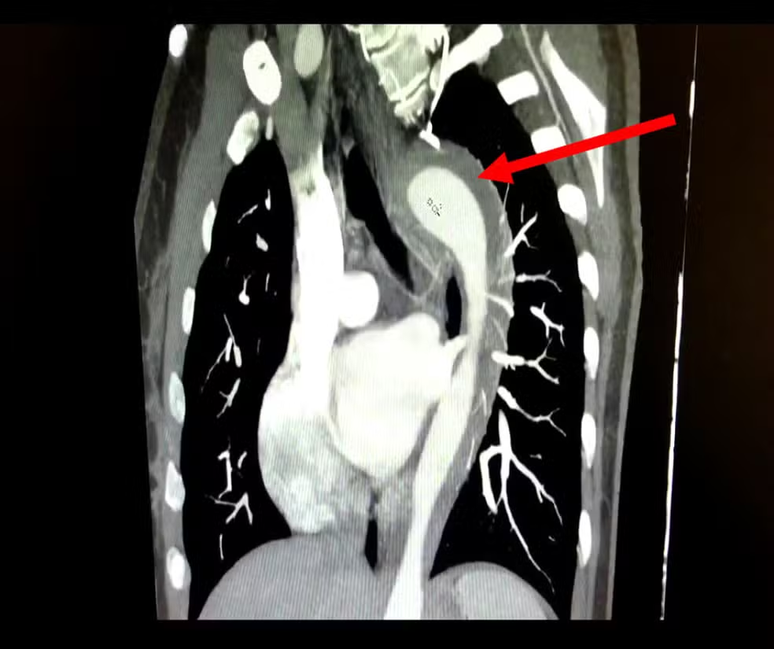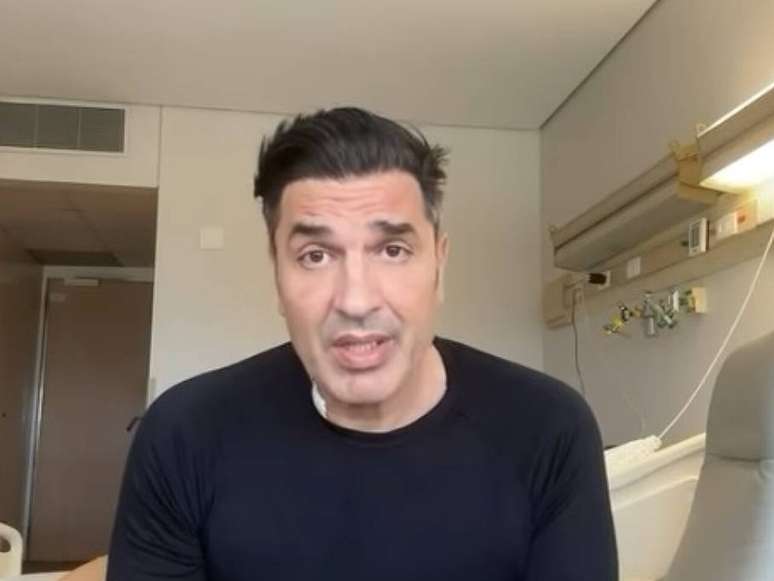Learn to protect the health of children with more welcome
Vaccination for children, although essential for health and protection against various diseases, is still a challenge for parents, who need to face the fear of children, and for Brazil, which is far from coverage objectives, as shown by the annual of Vaccinbr 2025 of the issue of the Science Institute (IQC).
In 2023, the last year analyzed in the document, no state achieved the immunization objectives for the four main vaccines applied up to 1 year of age (pentavalent, polio, pneumococcal and triple viral). In addition, the report underlines that the adhesion descends dramatically from the first to the following doses, with an abandonment of more than 50% in different states for vaccines such as triple viral (measles, paroti and rubella).
This low coverage is even more worrying during vacation periods, when traveling can exhibit children to new infectious agents. “Do not be vaccinated can mean spending a holiday in a local hospital because of a disease that could be prevented”, warns Dr. Luísa Chebabo, infectious of the Brastein of Dasa and Sérgio Franco Laboratories in Rio de Janeiro.
To help parents overcome the challenge and to guarantee the immunization of the little ones, especially before the holidays and expected trips, we collected five tips to reassure children. Check!
1. He speaks and explains the importance of the vaccine, especially before traveling
Before vaccination, have a frank and adequate conversation to the age of the child. He simply explains why the vaccine is important and how it protects from diseases, including those that can arise trips elsewhere. Answer your questions with patience and clarity.
2. Use the positive reinforcement to make the moment lighter
Combine a small reward after vaccination, like an interesting walk, an adhesive with the favorite character, a new book or an extra time to play. “This strategy helps the child to associate vaccination with something positive, reducing anxiety and transforming the moment into something less threatening”, says dr. Luísa Chebabo.

3. Enjoy the holidays to vaccinate outside the clinic environment
How about dissociation vaccination of the formal environment of a clinic? The infectoologist gives the hint of taking advantage of the holiday to bring the child to vaccinate in alternative and more relaxed places.
“Vaccination at home, or even at the home of the grandparents, can offer a more relaxing scenario for the application. The workshops have specialized services for mobile and home care, guaranteeing vaccination in environments more familiar to children with the same safety that is done in the clinic”, says dr. Luísa Chebabo.
4. Opt for workshops with playful environments and games room
The setting makes the difference. A warm and fun environment can distract the child, transforming the wait and the moment of the vaccine into a more pleasant and less frightening experience. Many workshops and clinics that offer childhood vaccination have invested in thematic spaces, decorated with characters for children and equipped with games room.
5. Elaborate attention while applying the vaccine
At the exact moment of the bite, distraction is its greatest ally. Bring a favorite toy, an interactive book or singing a song are great strategies to divert the focus of the needle and help the child relax. Another important suggestion is to look for a laboratory that has a team specialized in application child. The professional’s experience when it comes to small count a lot to make the moment less tense.
Vaccines that cannot be lost for children
According to the infectoologist Dr. Luísa Chebabo, keeping the vaccination card updated is important for the safety of children, especially before the trip. The main vaccines to ensure the protection of children include:
- Viral Triple (SCR): It protects against measles, in parotitis and rosolia. Two doses: at 12 months and reinforcement at 15 months;
- Epatitis B: Usually applied to birth with subsequent doses included in the hexavalent vaccine, but the missing doses can also be updated in adolescence;
- Dtpa (triple bacterial): It protects from diphtheria, tetanus and pertussis, with specific reinforcements;
- ACWY: Important in the protection against meningitis caused by bacteria Neisseria Meningitidis of serogruppi a, c, wey;
- HPV: For girls and boys for 9 years;
- Hexavalent: protects from diphtheria, tetanus, pertussis, Hepatitis Bpolio (childhood paralysis) and infections caused by Haemophilus influenzae Type B (hib);
- Meningo B: protects from invasive disease caused by bacteria Neisseria Meningitidis of the serogroup B, one of the main causes of bacterial meningitis and invasive meningococcal disease (DMI).
By Rachel Lopes
Source: Terra
Ben Stock is a lifestyle journalist and author at Gossipify. He writes about topics such as health, wellness, travel, food and home decor. He provides practical advice and inspiration to improve well-being, keeps readers up to date with latest lifestyle news and trends, known for his engaging writing style, in-depth analysis and unique perspectives.








